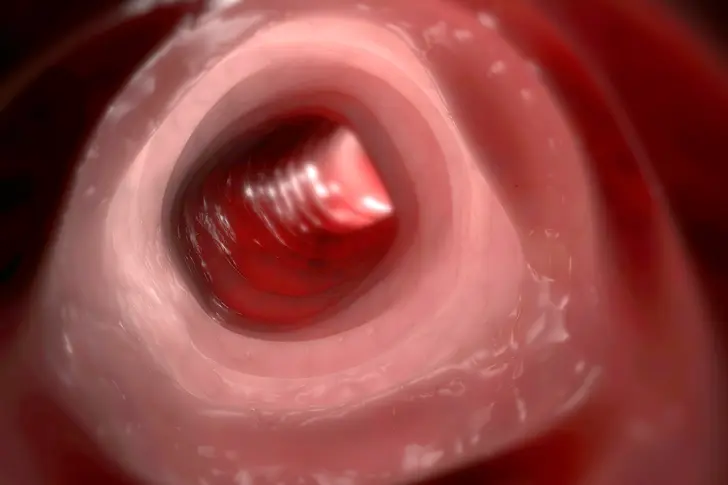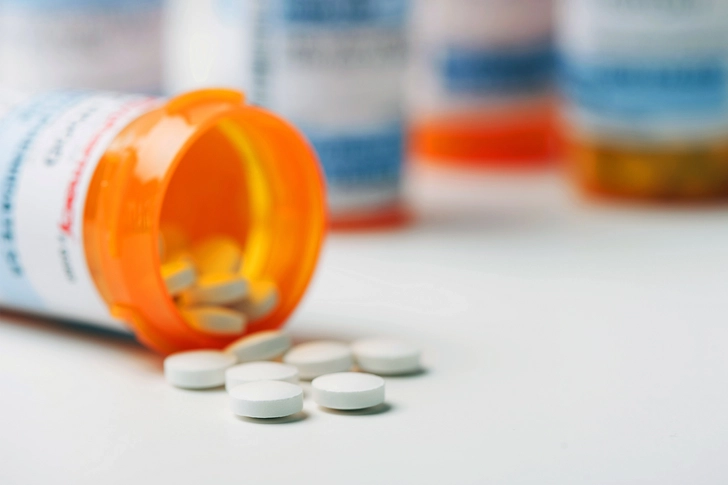Advances In IBD Treatment



A Shift in Focus
Treating IBD used to be about easing symptoms, but that’s changed. Sure, medicines can tamp down inflammation, but that doesn’t stop the disease from getting worse. Now doctors focus on healing the inner lining of the intestinal tract – the intestinal mucosa – after ulcers appear. That can help people with IBD achieve remission or at least reduce hospital stays and surgery.

Scoping Out Disease Severity
Knowing how severe your disease is (or may get) gives doctors a better idea of how to treat it. Colonoscopy is still the gold standard, but newer, noninvasive imaging options like computerized tomography (CT) enterography, magnetic resonance enterography (MRE), and bowel ultrasound let doctors see what’s happening in your intestines even when they’re inflamed or narrowed. That helps them decide what treatment is best for you.

What’s Next in IBD Medications
If you don’t respond to standard medicines like anti-tumor necrosis factor (anti-TNF) drugs, there’s hope. Drugs that block pro-inflammatory cytokines IL-12 and IL-23 show some promise. Golidocitinib, a JAK inhibitor used for cancer, has worked for Crohn’s disease but isn’t yet on the market. Boosting Pak2 protein to stop the IL-17 gene from producing inflammation may be another pathway for future ulcerative colitis drugs.

A Cheaper Alternative for Biologics
Biologics – drugs made from living organisms – can come with hefty price tags. Many insurers are strict about which ones they’ll cover and which ones they won’t. Want something similar but cheaper? Biosimilars are kind of like generic versions of traditional drugs. So far, these are the three for IBD available in the U.S., and all are biosimilars to infliximab (Remicade): infliximab-abda, infliximab-axxq, and infliximab-dyyb.

Oral Medication for Ulcerative Colitis
Tofacitinib (Xeljanz), a type of drug known as a JAK inhibitor, was approved in pill form by the FDA to treat ulcerative colitis in 2018. Ozanimod (Zeposia) and upadacitinib (Rinvoq) followed a few years later.

Going for Gut Health – With Your Diet
Diets like the IBD-AID, specific carbohydrate diet, low-FODMAP diet, and Mediterranean-style eating have improved symptoms in people with IBD. Scientists are also studying how your gut health can impact your disease – and what you can do to alter and, perhaps, improve it.

Stem Cell Therapies for IBD: Coming Soon?
Putting mesenchymal stem cells into people with IBD eased symptoms, stopped inflammation, promoted mucosal healing, and healed perianal fistulas (an opening between the bowel and the skin near the anus in people who have IBD). Scientists can turn these stem cells into cells that do other jobs. Researchers also are studying stem cells to learn about (and test treatments for) intestinal fibrosis – scarring on the intestinal wall that’s common if you have IBD.

A More Appealing Pill for IBD Relief
Fecal microbiota transplantation, which can help people with ulcerative colitis, is when doctors take healthy bacteria from someone else’s poop and transfer it into your colon. The process usually requires a colonoscopy, endoscopy, or enema to insert the material through your rectum. Researchers are working on a pill that you could swallow instead.
IMAGES PROVIDED BY:
1) Sciepro / Getty Images
2) mr.suphachai praserdumrongchai / Getty Images
3) KATERYNA KON / SCIENCE PHOTO LIBRARY / Getty Images
4) Daniel Chetroni / EyeEm / Getty Images
5) EHStock / Getty Images
6) ChrisChrisW / Getty Images
7) Andrew Brookes / Getty Images
8) Tom Werner / Getty Images
SOURCES:
Mayo Clinic: “Advances in the Treatment of Crohn's Disease and Ulcerative Colitis.”
Gut: “Mucosal Healing in Inflammatory Bowel Disease: Impossible Ideal or Therapeutic Target?” “Recent Advances in Clinical Practice: Advances in Cross-Sectional Imaging in Inflammatory Bowel Disease.”
Journal of Clinical Medicine: “Cross-Sectional Imaging Instead of Colonoscopy in Inflammatory Bowel Diseases: Lights and Shadows.”
ImmunoTargets and Therapy: “All are Equal, Some are More Equal: Targeting IL 12 and 23 in IBD – A Clinical Perspective.”
Biologics: Targets and Therapies: “A Review on Inflammatory Bowel Diseases: Recent Molecular Pathophysiology Advances.”
Journal of Crohn’s and Colitis: “DOP17 AZD4205, a potent, GI Tract-Enriched, JAK1-Selective Inhibitor for Treatment of Inflammatory Bowel Disease (IBD).”
Crohn’s and Colitis Foundation: “5 Major Advances in Inflammatory Bowel Disease (IBD) Treatment,” “Biosimilars: What You Should Know,” “DINE-CD Study Results: Something to Chew On,” “Researchers Use Stem Cell Technology to Replicate Diseased Human Guts and Understand Fibrosis in Inflammatory Bowel Disease,” “Recently Approved Treatments.”
News Release, University of Texas Southwestern Medical Center.
Cell Reports: “Pak2-Mediated Phosphorylation Promotes RORγt Ubiquitination and Inhibits Colonic Inflammation.”
News Release, FDA.
The Lancet: “Upadacitinib for ulcerative colitis.”
The Journal of Allergy & Clinical Immunology: “The Microbiome and Inflammatory Bowel Disease.”
National Institutes of Health: “Viruses in the Gut Influence Inflammatory Bowel Disease.”
Stem Cell Research & Therapy: “Stem Cell Therapy for Crohn’s Disease: Systematic Review and Meta-Analysis of Preclinical and Clinical Studies.”
National Health Service (U.K.): “Anal fistula.”
Inflammatory Bowel Diseases: “Development of a Personalized Intestinal Fibrosis Model Using Human Intestinal Organoids Derived From Induced Pluripotent Stem Cells.”
American Journal of Gastroenterology: “Capsule Delivery of Fecal Microbiota Transplant Is Well Tolerated in Ulcerative Colitis Patients.”
Frontiers in Cellular and Infection Microbiology: “Encapsulated Fecal Microbiota Transplantation: Development, Efficacy, and Clinical Application.”
BioDrugs: “Clinical Trials of IL-12/IL-23 Inhibitors in Inflammatory Bowel Disease.”
International Journal of Molecular Sciences: “Stem Cell-Based Therapies for Inflammatory Bowel Disease.”
Visceral Medicine: “Current and Future Targets for Mucosal Healing in Inflammatory Bowel Disease.”